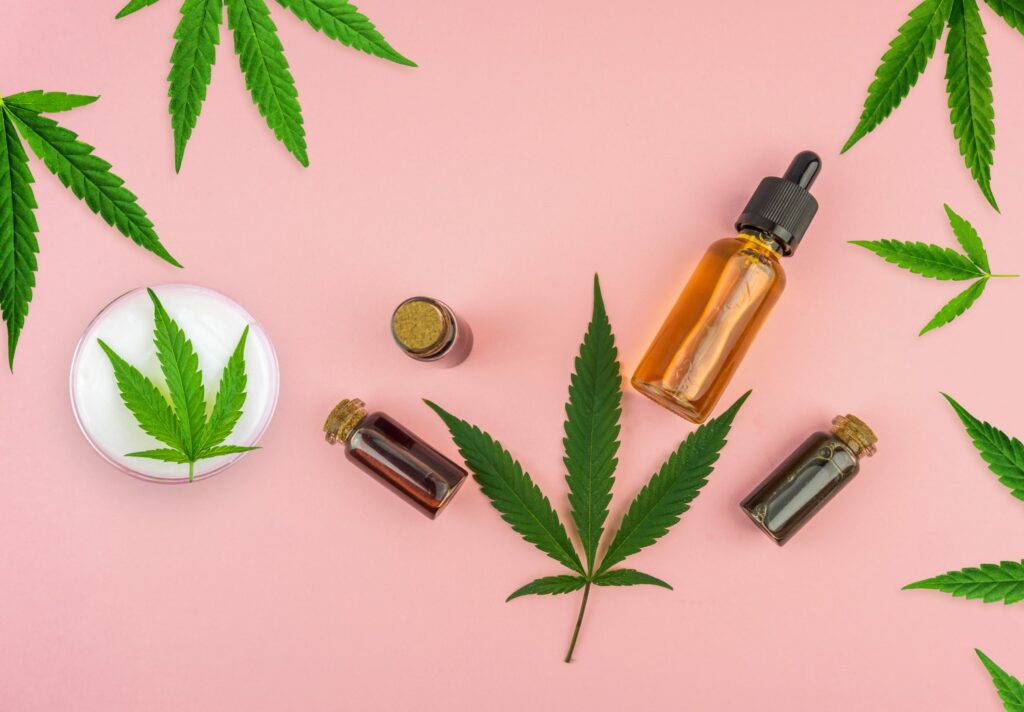Introduction
In recent years, CBD (cannabidiol) has gained significant popularity as a natural remedy for various health concerns. However, regulatory frameworks surrounding CBD remain complex and evolving. One notable development in this arena is the opposition of Corey Johnson, a prominent figure, to the Health Department’s CBD ban. This comprehensive guide explores Corey Johnson’s stance, the rationale behind the CBD ban, potential implications, and the ongoing debate surrounding CBD’s legality and safety.
Understanding CBD and Its Popularity
CBD is a non-psychoactive compound derived from the cannabis plant, known for its potential wellness benefits. It has gained popularity due to its perceived ability to alleviate pain, reduce anxiety, promote sleep, and provide other potential health benefits without the intoxicating effects of THC (tetrahydrocannabinol).
Corey Johnson: An Advocate for CBD
Corey Johnson is a public figure and advocate who opposes the Health Department’s CBD ban. As an influential voice in this debate, Johnson argues for the importance of access to CBD products, particularly for those seeking alternative remedies or exploring natural wellness options. Johnson’s stance reflects a broader movement advocating for the acceptance and availability of CBD for individuals’ well-being.
The Rationale Behind the Health Department’s CBD Ban
The Health Department’s decision to ban CBD products in certain jurisdictions is based on various factors. One primary concern is the lack of sufficient scientific evidence and regulatory oversight regarding CBD’s safety and efficacy. Additionally, the FDA has yet to establish comprehensive guidelines for CBD as a food additive or dietary supplement, leading to varying interpretations and enforcement by local health departments.
Potential Implications of the CBD Ban
The CBD ban proposed by the Health Department can have several potential implications. Firstly, it restricts consumer access to CBD products, limiting choices for those seeking alternative health solutions. Secondly, it creates legal ambiguity for businesses operating in the CBD industry, leading to confusion and potential economic impacts. Lastly, the ban highlights the ongoing debate surrounding CBD’s legality, safety, and appropriate regulatory frameworks.
The Legal and Regulatory Landscape of CBD
The legal status of CBD varies across jurisdictions and is influenced by federal and state regulations. In the United States, the 2018 Farm Bill legalized hemp-derived CBD containing less than 0.3% THC. However, the FDA maintains regulatory authority over CBD as a drug ingredient or food additive, leading to complexities and inconsistencies in interpretation and enforcement. State laws also play a crucial role in determining CBD’s legality and accessibility.
The Debate Surrounding CBD’s Safety and Efficacy
While many individuals attest to CBD’s potential health benefits, concerns regarding its safety and efficacy persist. Limited clinical studies and the lack of standardized dosing guidelines contribute to ongoing debates within the medical and scientific communities. Research efforts are underway to better understand CBD’s therapeutic potential, drug interactions, and long-term effects.
Advocacy for CBD Research and Regulation
Advocates, including Corey Johnson, argue for increased research and comprehensive regulation of CBD to ensure consumer safety and product quality. They emphasize the importance of establishing clear guidelines, dosing recommendations, and quality control standards to protect public health while allowing individuals to benefit from CBD’s potential wellness properties.
The Role of Public Opinion and Education
Public opinion plays a crucial role in shaping the CBD debate. Increased awareness and education about CBD can foster informed discussions, dispel misconceptions, and encourage evidence-based decision-making. Transparent labeling, clear information about CBD sourcing and manufacturing processes, and consumer-friendly resources can contribute to responsible CBD consumption.
Conclusion
The opposition of Corey Johnson to the Health Department’s CBD ban reflects the ongoing debate surrounding CBD’s legality, safety, and accessibility. Advocates argue for increased research, comprehensive regulation, and clear guidelines to protect consumer interests while allowing individuals to explore CBD’s potential health benefits. As the CBD landscape continues to evolve, continued dialogue, scientific inquiry, and regulatory advancements are essential to strike a balance between consumer access and safety.

